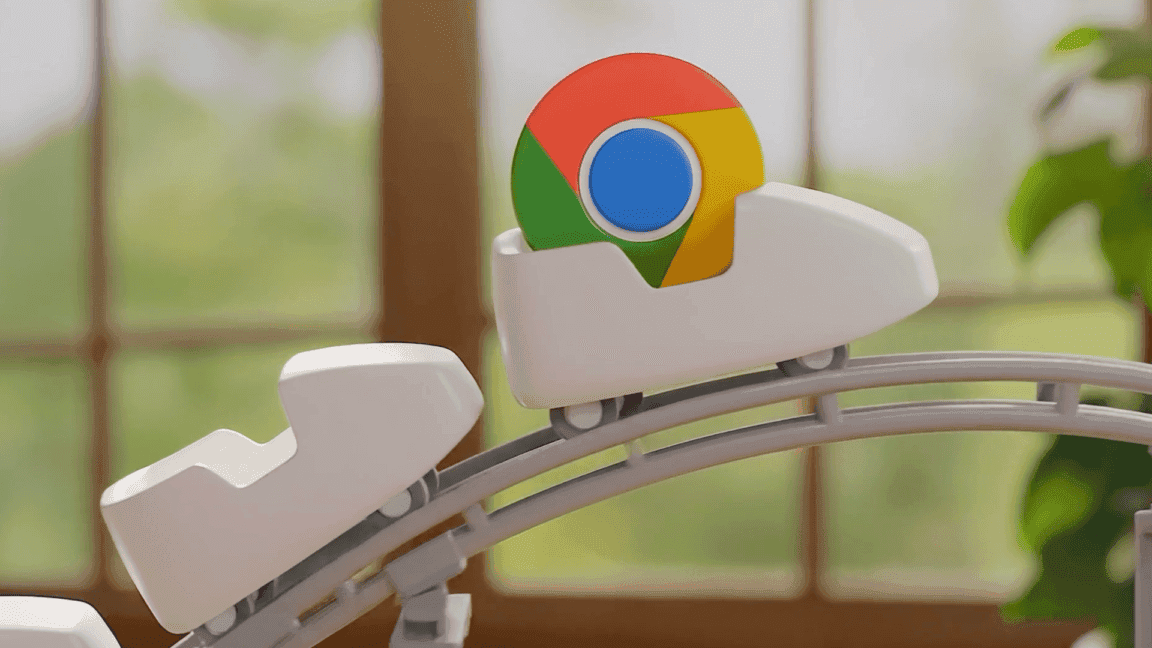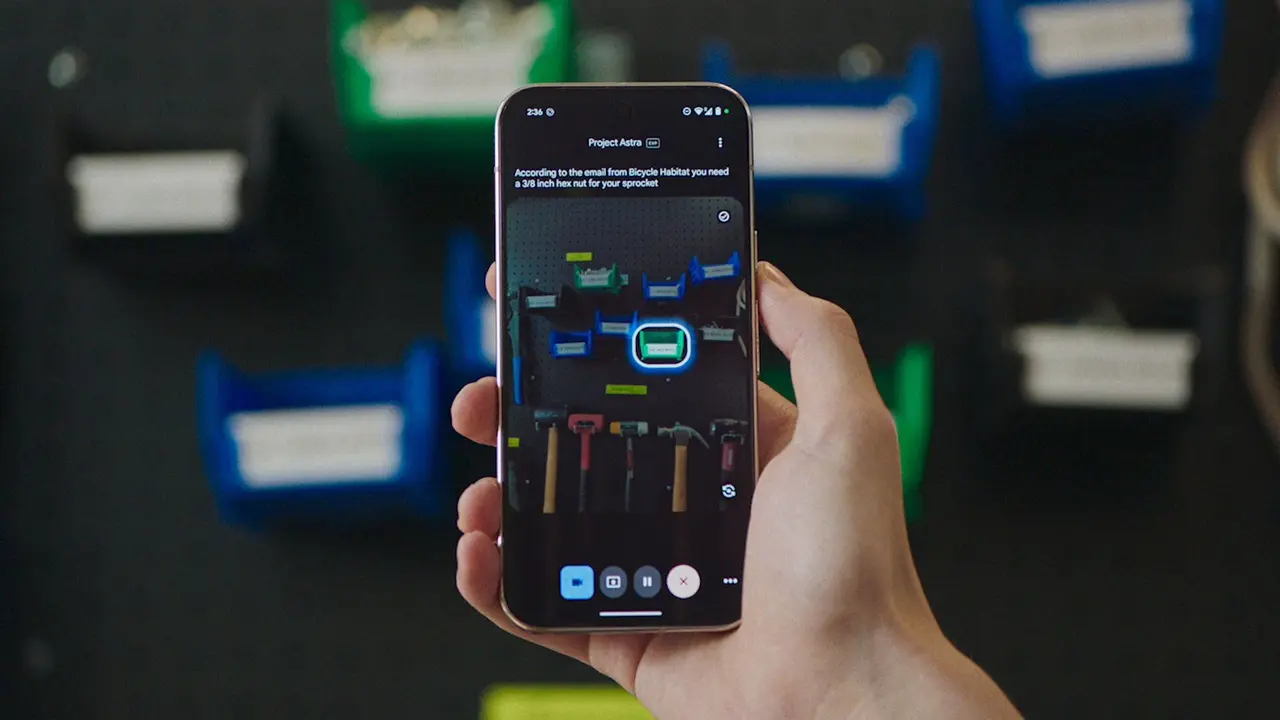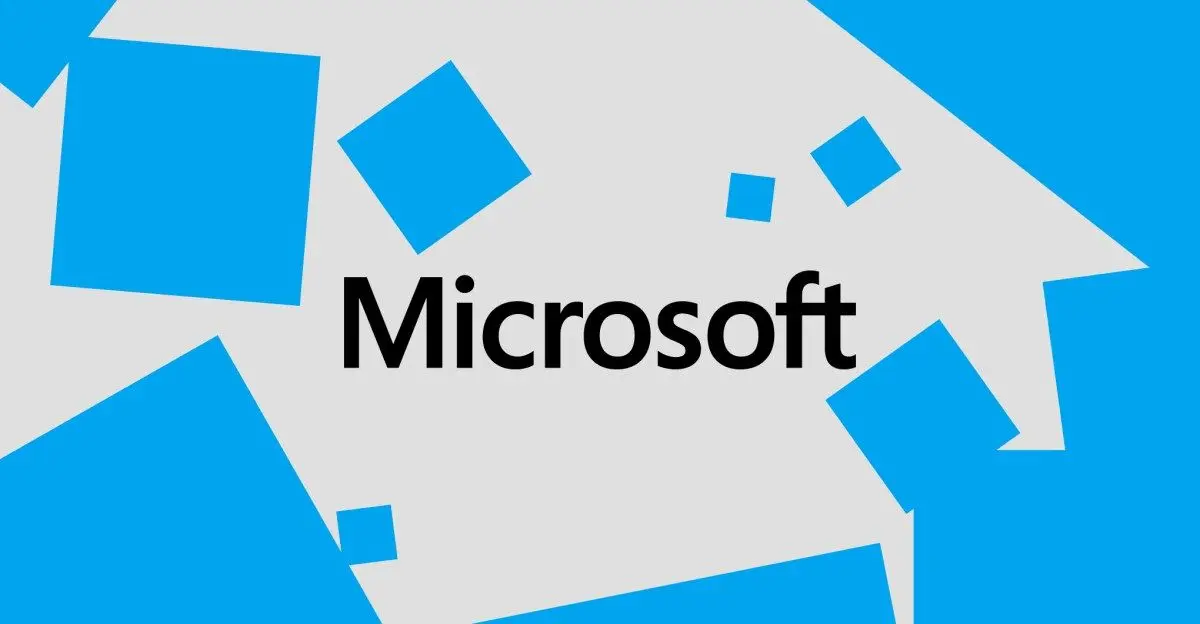Google Unveils AI-Powered Learning Tools: Learn About, NotebookLM, and LearnLM
3 Sources
3 Sources
[1]
This Google AI tool could be your new favorite study aid - and it's free
Part AI chatbot, part search engine, Google's experimental 'Learn About' tool is personalized to your learning needs. How to try it. While working on a master's degree not long ago, I found one of the greatest challenges was getting used to learning complex topics outside my comfort zone. Even today, as a tech journalist, getting up to speed quickly on unfamiliar topics is an essential skill in my line of work. Also: Two free ways to get a Perplexity Pro subscription for one year Recently, Google has been developing -- within its Google Learning platform -- new AI-powered tools that can help address that challenge by transforming learning and research processes for students, educators, and professionals. Google Learning's latest offering, "Learn About" -- which the tech giant describes as an "adaptable, conversational, AI-powered learning companion" -- works much like an AI chatbot or search tool but is more personalized to your learning capabilities and needs. Google's Learn About opens with the phrase "What would you like to learn today?" Then in the search box in the center of the page, you can insert any topic, subject, file, or image to delve deeper. Here, Google uses experimental AI technology to help you approach any topic and subject better informed. The interactive AI model is designed to be a conversational learning companion that answers questions and provides in-depth responses for even one-word terms. Each answer is tailored to a specific user's level of knowledge, making the platform quite user-friendly as it attempts to create highly personalized conversations. Users are guided through challenging concepts and subject matter with a variety of interactive guides, images, videos, and articles, producing an engaging and flexible learning environment for each user. To get started, sign in using your Google account. You can begin by asking a question in the search box, uploading an image, or document, or exploring the curated topics below. When I tried out the tool, I entered the following in the search box: "What does Silvia Federici mean by the 'feminization of poverty' in her text, Caliban and the Witch According to Learn About: "In Caliban and the Witch, Silvia Federici argues that the transition to capitalism led to a feminization of poverty. What she means by this is that women were disproportionately impoverished during the rise of capitalism. This wasn't an accident. Federici argues that it was a deliberate process that helped capitalism develop." But the AI learning companion didn't stop there, as it further defined "feminization of poverty" and detailed factors that contributed to this phenomenon with an interactive list. This is an AI tool I wish I had during my schooling because it would have made studying for exams and developing reading and study guides easier. Moreover, I think it would be a great learning aid if you are a student or lifelong learner trying to keep your mind sharp beyond academia. You can access Learn About at learning.google.com/experiments/learn-about. You must have a Google account to sign in.
[2]
Google's New Learn About AI Search Makes Learning Simple
Ever wanted to learn more about something in a short time? Google's new Learn About AI-powered search tool is just what you're looking for, blending simple AI-powered chat conversations with its vast range of sources. And the best part is that it's free, and you don't need to learn any AI prompt engineering skills to create a unique learning experience. ✕ Remove Ads Google Learn About Makes Learning Easy and Organized Google Learn About utilizes a combination of Google's search functionality, Gemini LLM, and some prompt and formatting wizardry to turn a query for a topic into an organized, source-backed, foundational learning resource. When you prompt Learn About, it summarizes a topic, creates sub-topics to read further on, and provides actual sources for its information and further exploration. Learn About also provides related photo and video media to your topic and shares suggested follow-up questions related to your topic. It can also, with limitations, use photos in prompts, though my experience with this feature was hit-or-miss, mostly miss. As competition encroaches on Google, such as with ChatGPT Search, this seems to be a defensive response to better implement AI. ✕ Remove Ads Better Prompts Make Better Results As with most prompt-based AI LLM tools, prompting with specificity and context will generally improve your results. For example, asking, "Help me learn philosophy," will likely provide a broad overview of philosophical concepts, whereas more specifically, prompting, "Outline the equivalent of a master's degree-level course on the philosophy and impact of Plato," would result in much more specific, in-depth results. ✕ Remove Ads This second prompt provides context by asking for a master' s-level course equivalent and specificity by narrowing the query to Plato's philosophy. Note how the subtopics for the Plato example are more detailed than the broad overview of philosophy. Google Learn About Struggles With Niche Topics While specificity can improve results from overly broad queries, too much specificity or asking about a highly niche topic can leave lackluster results. Because much of the information used on Learn About is derived from Google, if a topic is too niche or your parameters are too specific, Learn About's LLM may struggle to answer your prompt. I'll use a highly niche topic for which I am well-versed, the ocarina (a musical instrument), and evaluate Learn About's results. For the basics, the information is accurate, albeit surface-level, but there were a few unfortunate inaccuracies. For example, the image used for "Inline Ocarinas" was not actually an inline ocarina. ✕ Remove Ads Other AI LLM tools suffer from inaccuracies on niche topics as well, but I had hoped that Learn About's source-backed information would better avoid this issue. They're not AI hallucinations, but it's also not accurate. Annoying Limitations Hold Learn About Back Beyond inaccuracies on niche topics, Learn About has even more limitations in its current state, which I hope will be improved. First, conversations with Learn About are not saved, meaning if you get a great learning foundation on a topic and close the tab, all the provided resources will disappear. As this tool is new and mainly provides a foundation for deeper searches, this isn't a huge deal, but being able to save conversations would be nice. Moreover, importing Learn About conversations, sources, and information into Google's AI note-generation tool, NotebookLM, would make this much more useful. ✕ Remove Ads Additionally, Learn About mainly seems to be a regular LLM with a more unique graphic interface compared to ChatGPT. As mentioned in the article, it has all the limitations most LLMs have, and many of its features are simply re-prompting on the same topic. For example, the "Simplify" and "Go Deeper" suggestions rewrite your prompt, which makes sense but is a bit disappointingly simple. Last, while Learn About's most unique highlight is its utilization of Google-searched sources, some of the sources provided can be a bit random, only having some prompt keywords in common. Many of its sources are appropriate, but many could be improved. Learn About Doesn't Replace Original Sources Learn About shines in its ability to quickly compile sources and information, but for the best learning, AI cannot replace actually learning from the original sources themselves. With luck, Learn About will overcome its flaws and limitations, such as saving conversations, and become a more reliable resource for research. However, it still cannot replace reading and analyzing original sources yourself. ✕ Remove Ads
[3]
Google's approach to learning in the AI era
Learn About is our conversational learning companion designed to help you dive deeper into any topic you're curious about with Google AI. Whether you're a student, a lifelong learner or just someone who loves to explore new ideas, Learn About is your guide to knowledge. It's deeply informed by learning science principles, using proven techniques to enhance knowledge acquisition, promote long-term retention and foster a genuine love of learning. I've personally been using Learn About to understand feldspars in geology. With this tool I was able to better understand that a large fraction of the plethora of gemstones you see are just one or two simple structures. Once I understood this, a whole lot of other concepts in geology began to make sense. That's what's exciting about AI -- it can unlock these "aha!" moments. NotebookLM is another great learning tool that helps you go deeper into your own materials. You upload your own sources and NotebookLM becomes an expert, grounding its responses in your material and giving you powerful ways to transform information. NotebookLM generates summaries and suggests follow-up questions, providing a helpful new way to comprehend difficult text and synthesize connections between multiple documents. Students and other learners can use NotebookLM to take and organize notes, then transform these notes into study guides, essay outlines, and more. It even offers Audio Overviews, which transforms your information into an engaging conversation between two AI "hosts," which can be helpful for people that learn best through listening. LearnLM, which has been recognized for its potential to make a positive impact on the world, is now available as an experimental model for preview access through Google AI Studio. This experimental research model is optimized for pedagogy, meaning it's designed to foster understanding based on learning science. With this update, our goal is to allow more developers to experiment with and evaluate LearnLM, providing feedback that will help improve our models and the products they power. As we improve our LearnLM experimental model on teaching and learning capabilities, we're bringing these improvements into Gemini models. So, when developers use Gemini for their teaching and learning applications, they can feel comfortable knowing it's infused with research from LearnLM.
Share
Share
Copy Link
Google introduces a suite of AI-powered learning tools, including Learn About, NotebookLM, and LearnLM, designed to revolutionize personalized learning experiences for students, educators, and lifelong learners.

Google Introduces AI-Powered Learning Companion
Google has unveiled a suite of AI-powered learning tools, with "Learn About" at the forefront, designed to transform the educational landscape for students, educators, and lifelong learners. This new offering, part of the Google Learning platform, aims to provide personalized, interactive learning experiences across a wide range of topics
1
.Learn About: A Conversational AI Learning Tool
Learn About is described as an "adaptable, conversational, AI-powered learning companion" that combines elements of an AI chatbot and a search engine. The tool opens with the inviting question, "What would you like to learn today?" and allows users to input topics, subjects, files, or images for in-depth exploration
1
.Key features of Learn About include:
- Personalized responses tailored to the user's knowledge level
- Interactive guides, images, videos, and articles to enhance learning
- Ability to handle complex queries and provide detailed explanations
- Source-backed information for further exploration
2
NotebookLM: Enhancing Personal Study Materials
Another tool in Google's AI learning suite is NotebookLM, which focuses on helping users delve deeper into their own materials. Users can upload their sources, and NotebookLM becomes an expert on that content, offering:
- Summaries and suggested follow-up questions
- Tools to comprehend difficult text and synthesize connections
- Ability to transform notes into study guides and essay outlines
- Audio Overviews feature for auditory learners
3
Related Stories
LearnLM: An Experimental Model for Developers
Google has also introduced LearnLM, an experimental research model optimized for pedagogy. Available through Google AI Studio, LearnLM aims to:
- Allow developers to experiment with and evaluate the model
- Improve teaching and learning capabilities in AI
- Infuse Gemini models with advanced educational features
3
Limitations and Future Improvements
While these tools offer significant advancements in AI-assisted learning, there are some limitations:
- Conversations in Learn About are not saved, limiting long-term use
- The tool may struggle with highly niche topics, potentially leading to inaccuracies
- Some sources provided can be random or only loosely related to the query
2
Google emphasizes that these AI tools are designed to complement, not replace, traditional learning methods. The company continues to work on improvements, aiming to create more reliable and comprehensive resources for research and learning in the AI era
3
.References
Summarized by
Navi
Related Stories
Google Unveils 'Learn About': An AI-Powered Educational Tool Revolutionizing Interactive Learning
12 Nov 2024•Technology

Google's NotebookLM Introduces 'Discover Sources' Feature for AI-Powered Research
03 Apr 2025•Technology
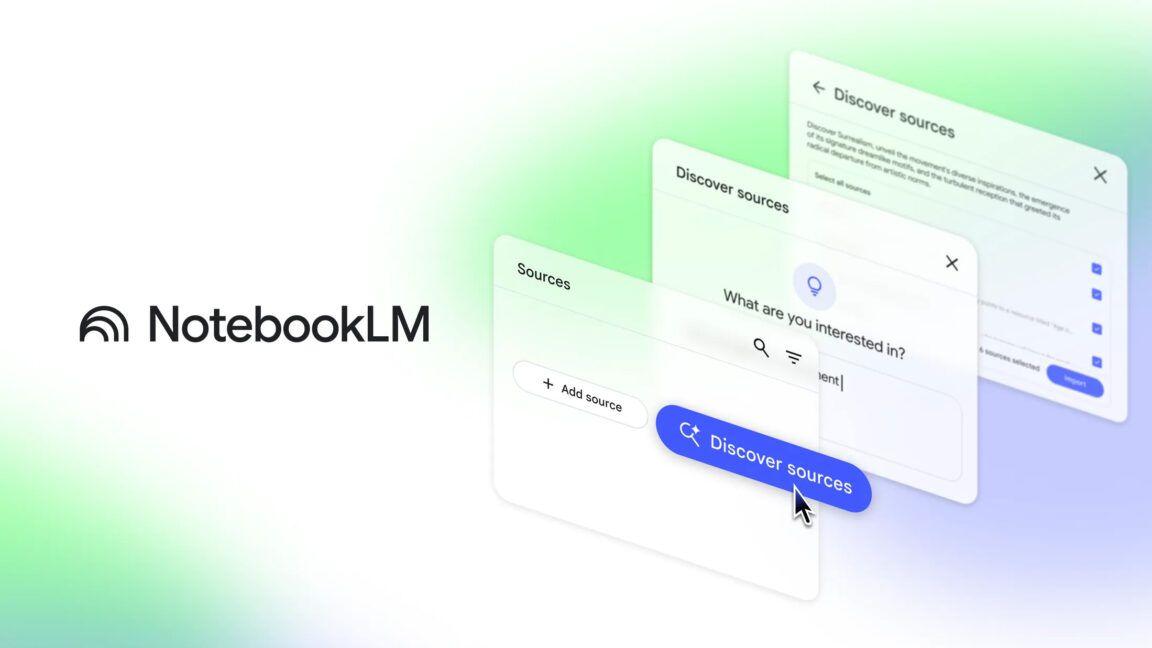
The Impact of AI on Education: Opportunities and Challenges
12 Aug 2025•Technology
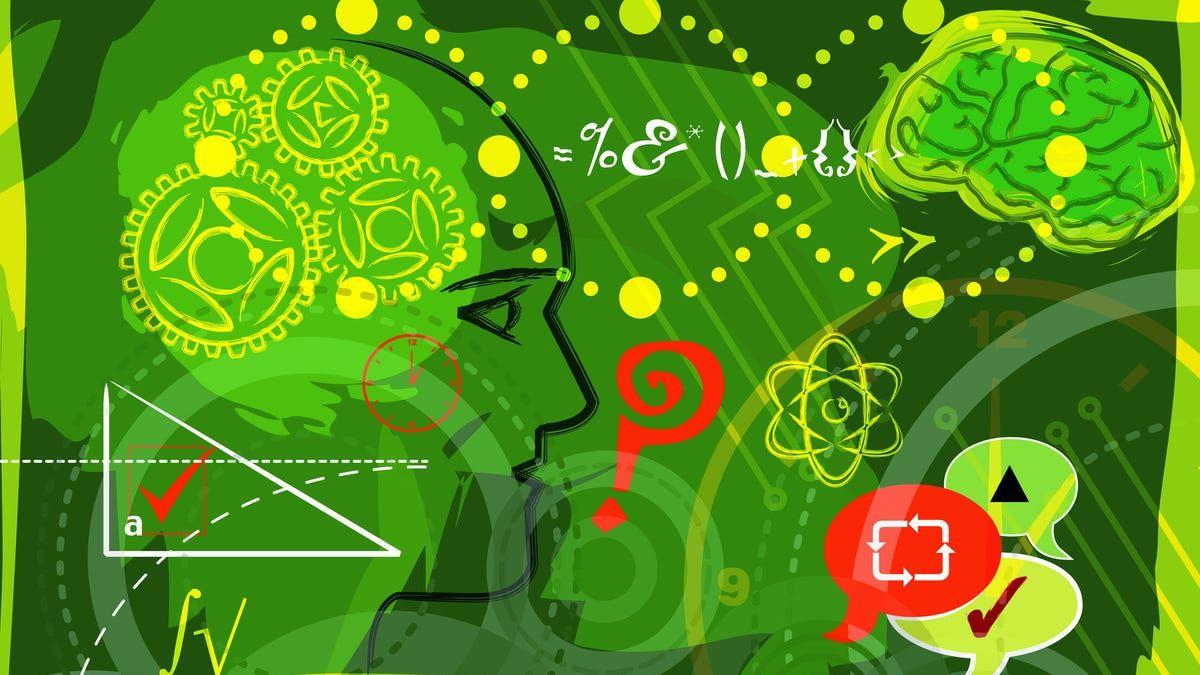
Recent Highlights
1
Elon Musk merges SpaceX with xAI, plans 1 million satellites to power orbital data centers
Business and Economy

2
SpaceX files to launch 1 million satellites as orbital data centers for AI computing power
Technology

3
Google Chrome AI launches Auto Browse agent to handle tedious web tasks autonomously
Technology
